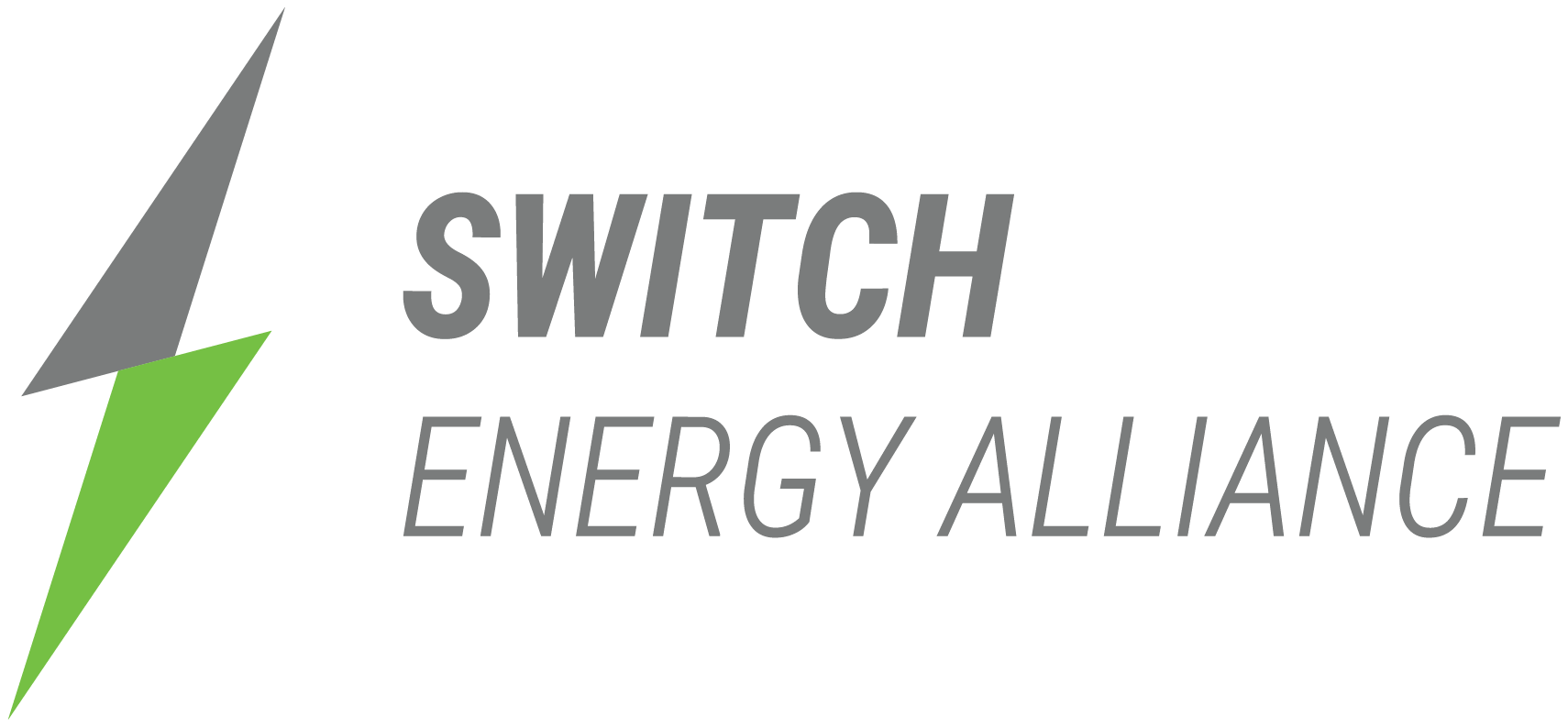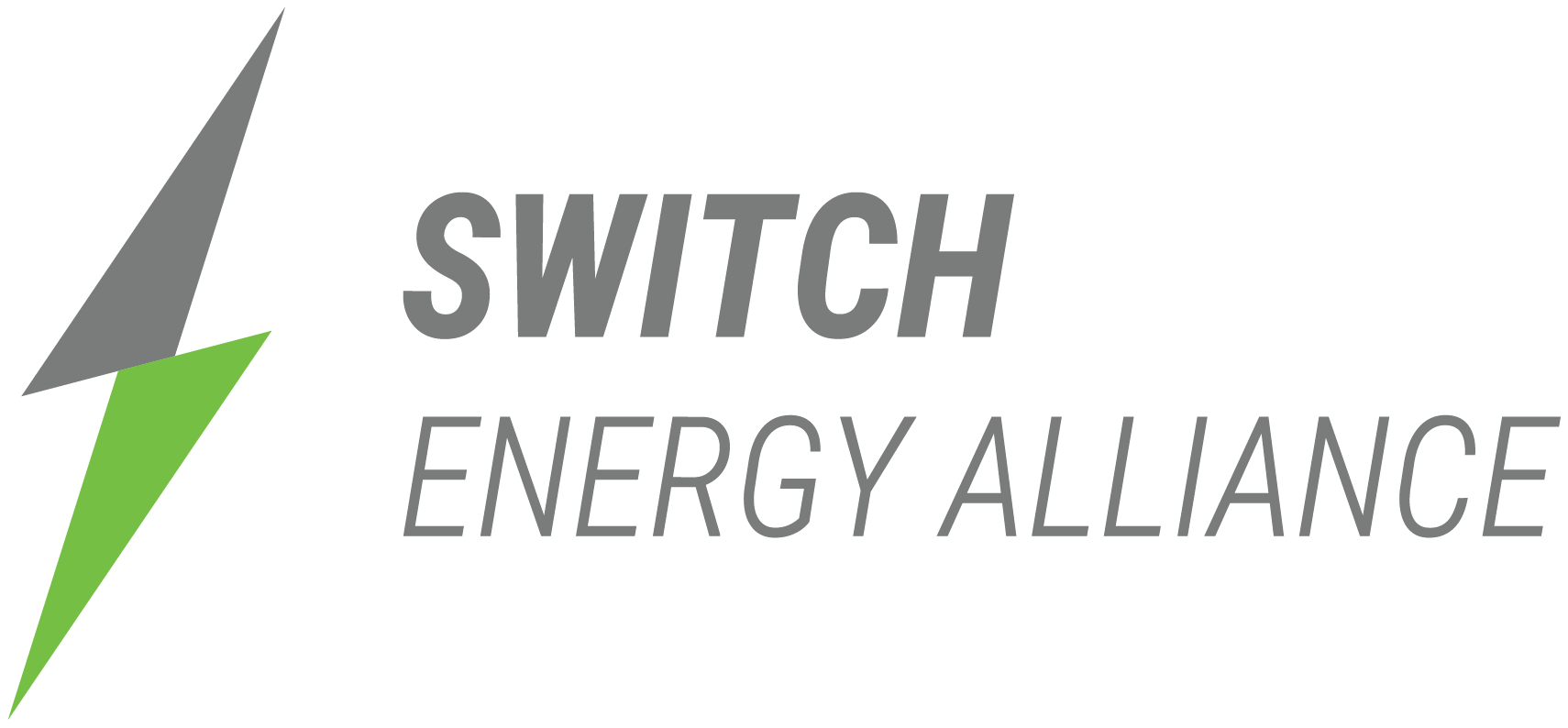
Credit: Till Niermann (CC BY-SA)
They may not go into polling booths and come out with an ‘I Voted’ sticker. But most animals that live in groups have developed ways to make collective decisions and act together for the good of one and all.
English rock ants are always scouting for a new nest. When a few individuals find the same new spot, they seem to agree that this real estate has potential. So they go back to the current nest to try to lead other ants over, one by one.
If they can persuade enough to follow, they’ll hit a critical mass at the new place, and the decision is made: this is now home.
The ants don’t wait for others to share their opinion. They go back to the old nest, pick up the stragglers, and carry them over.
Meerkats depend on the group for survival, so maintaining social cohesion is vital. Each morning, they go out foraging for bugs and plants in a widely spaced mob.
When one of them has completely explored its own small area, it will call out to the others. Once three meerkats vote for a move in this way, the group will set out together for the next place.
Roving baboons, like us, are more political animals. When two or more set off in different directions, the troop will choose a path that’s halfway between them.
The fringe elements will eventually drift back to join the middle; they may not have gotten exactly what they wanted, but they can be satisfied they had a say in the group’s decision.
Examples of consensus, communication, and compromise that perhaps we humans can learn something from.
Background
Synopsis: Today, we opt for ballot boxes, but throughout history humans have used numerous methods of voting to have their say. However, we’re not the only ones living (or seeking to live) in a democratic society.
- Communal decisions are essential for social living, and in animals it is rare to find a social system in which one individual coerces the rest of the group into performing a particular action.
- Since animals cannot produce the kind of pre-election propaganda so beloved of human politicians, social groups must have different ways of suggesting and gaining consensus for activities.

Credit: Mikkel Houmøller (CC BY-SA)
- A new study has found that African wild dogs sneeze to decide when to stop resting and when to start hunting.
- Researchers found that the rates of sneezing during greeting rallies—which happen after, or sometimes during, a rest period—affect the likelihood of whether the pack departs to hunt or goes back to sleep.
- If dominant individuals start the rally, it is much more likely to result in a hunt, and only two or three sneezes are required to get the pack started. But if a subordinate individual wishes to start a hunt, they must sneeze a lot more—around 10 times—to get the pack to move off.
- Researchers think that this sneezing is the pack members voting on when to start a hunt, since it is often the lower-ranking (and therefore the hungriest) dogs who start the rallies.
- In meerkat mobs, social cohesion is vital for survival, and movements must be made together. Meerkats use their voices to vote on when to move on.
- A meerkat going it alone won’t survive long. To get the group to head to a new patch quickly, an individual will emit a “moving call.”
- Three is evidently considered a quorum among meerkats. If three or more individuals make moving calls within a short period of time, the group will speed up its movement, but only one or two individuals calling does not affect the speed.

Credit: Charles J. Sharp (CC BY-SA)
- White-faced capuchin monkeys at a site in Costa Rica have been heard using trilling calls to persuade the group to move off in the direction preferred by the caller.
- However, the callers were not always successful in getting the group to move.
- Status within the group did not seem to affect the likelihood of persuading the group to move.
- Although the researchers did not consider the possibility that these calls were a form of voting, there are similarities between their use and the sneezes used by African wild dogs.
- Honeybee scouts vote among themselves.
- Honeybees have an advanced social system in which individual workers have different tasks (as we covered in a previous EarthDate).
- When a nest becomes overcrowded and some of the bees need to move out, scout bees search for a suitable site for a new nest. Of course, the scouts each find different sites, and some may even find more than one location.
- When they return to the swarm, the scouts each perform a dance that gives directions to their chosen site.
- As time goes on, some of the scouts stop advertising their site, and a few will switch to advertising another scout’s site.
- The swarm will only move when all the scouts still dancing are advertising the same site. This process can take several days to complete.
- Ants vote with their feet—a simple, but apparently effective system.
- Rock ants, found in the south of England, choose their new nest sites based on criteria such as entrance size and darkness.
- They appear to use a simple voting system: individual ants will leave the nest site if it does not perceive the site’s quality to be high enough.
- When enough ants have accumulated at a site, it is deemed to be suitable (or perhaps the best that can be found in the area), and the ants move in. The ants in favor of the move bring the rest of the colony along by picking individuals up and hauling them to their new home.
- If the quality of the nest subsequently deteriorates, the process will repeat, with individuals again drifting away to another site until enough of the colony have left the original nest and joined the new site.
- Animal voting practices are not a subject that has been greatly studied, although political systems among social animals are common and quite well documented. But if wild dogs, meerkats, and ants are doing it, you can bet that other species are doing it too.

